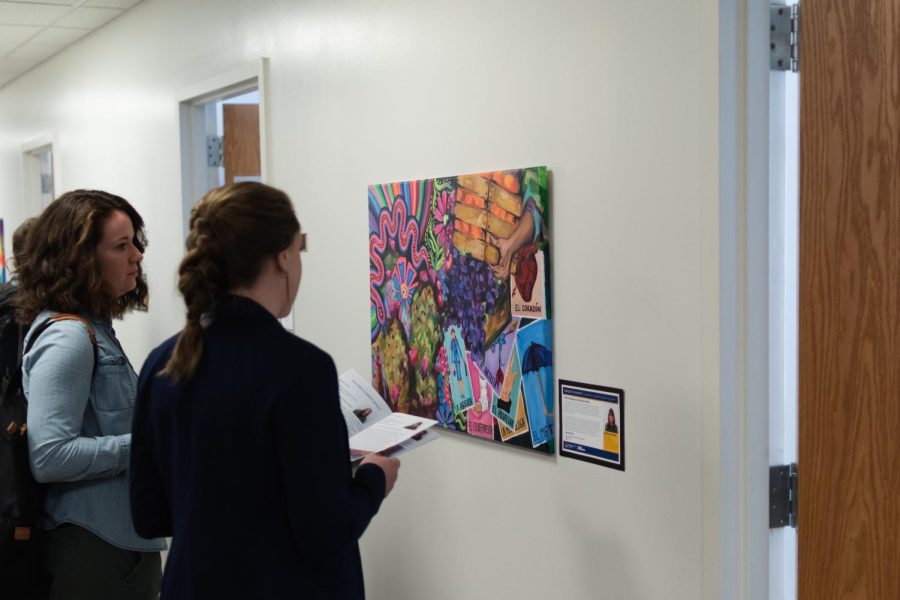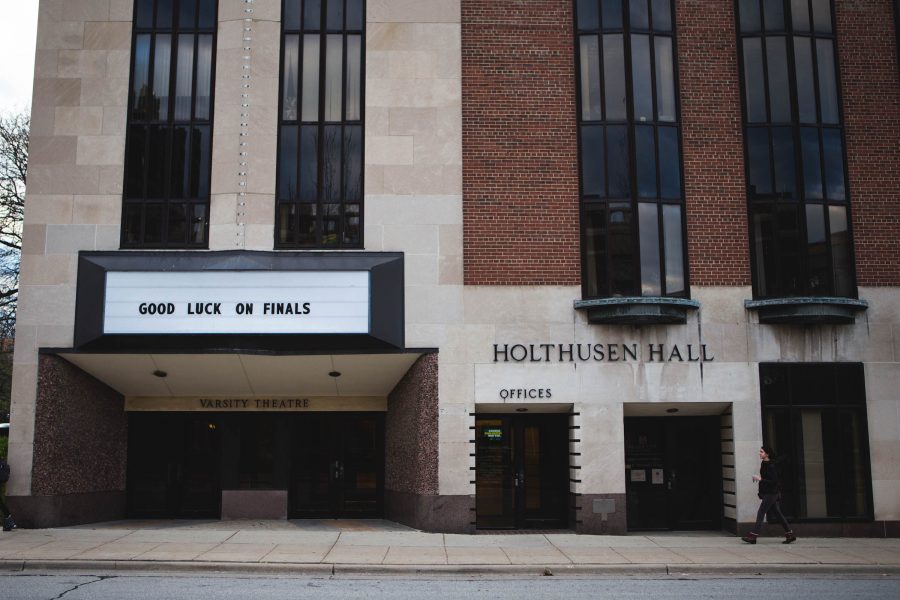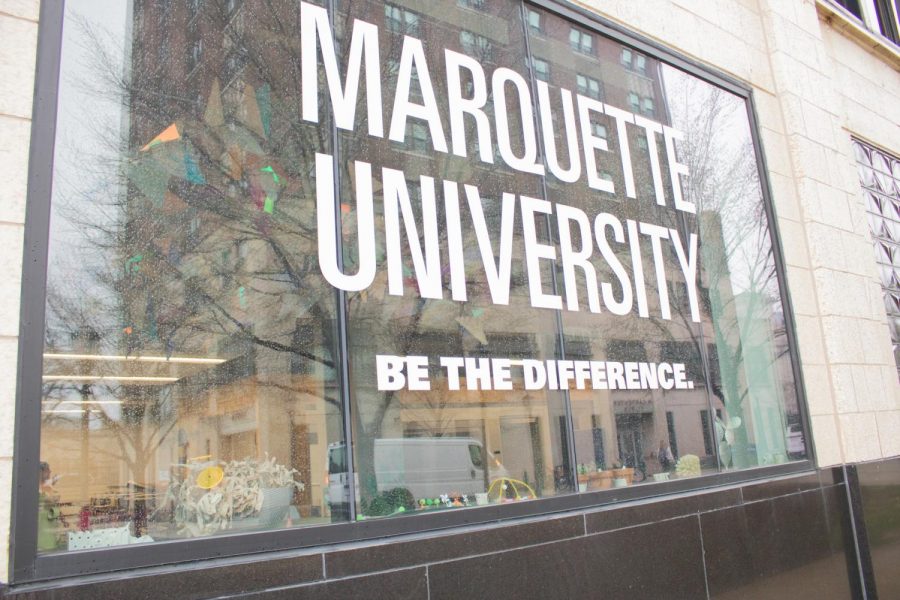As more employers post unpaid internships, and students scoop them up like golden tickets, unpaid internships are increasingly looking like slave labor.
Large numbers of highly skilled applicants are vying for internships requiring hard work and intense time commitments, sometimes 40 hours per week, with no pay.
Courtney Hanson, assistant director of the Career Services Center, said it’s difficult to know how many Marquette students are working unpaid internships, because many individual colleges handle them.
However, she said Career Services estimated (as a shot in the dark) the number is around 30 percent of students.
Zero compensation for qualified employees isn’t fair. Unpaid interns should at least be paid minimum wage. Of course, students do gain precious skills from an internship. But they should be paid for working at a company.
Especially in a down-and-out economy, many students miss out on career experience that could pump up their resume because they can’t afford a summer of no income — bartending or lifeguarding will have to do.
Sure interns can receive college credit. But then they’re essentially paying for an internship. Paying thousands for their hard work instead of receiving pay.
If Kristen writes a feature-length article for a newspaper, or John contributes to his company’s growth plan, shouldn’t they be compensated?
The rule of thumb for most interns is to put your head down and get the grunt work done with no complaints. After all, everyone has to put in their time as an intern, even if you’re grabbing “World’s Best Boss” coffee mugs or sweeping floors.
Many students are afraid to speak up if their internship isn’t valuable, worried it will endanger future career options, connections or letters of recommendation.
However, interns shouldn’t stand for this.
Internships should be a give-and-take relationship, where interns are rewarded for their contributions to a company.
Thankfully, the government is noticing the proliferation of unpaid internships because of the lack of entry-level jobs, and is beginning to enforce regulations.
In 2008, the National Association of Colleges and Employers found 83 percent of graduating students had held unpaid internships — up 9 percent from 1992.
M. Patricia Smith, a top law enforcement official for the U.S. Department of Labor, is investigating unpaid internships to make sure they comply with the six federal legal criteria, which include making sure unpaid interns aren’t replacing employees and that the employer receives no “immediate advantage from an intern,” according to the Employment and Training Administration’s Advisory System in the U.S. Department of Labor.
Even if the employer receives no “immediate advantage,” the intern is still an employee and should be treated as such, with pay. We’re not asking for big bucks — minimum wage will do.
In this economy, as everyone’s scrambling to cut budgets, utilizing an intern’s skills without compensating them is unfair.





